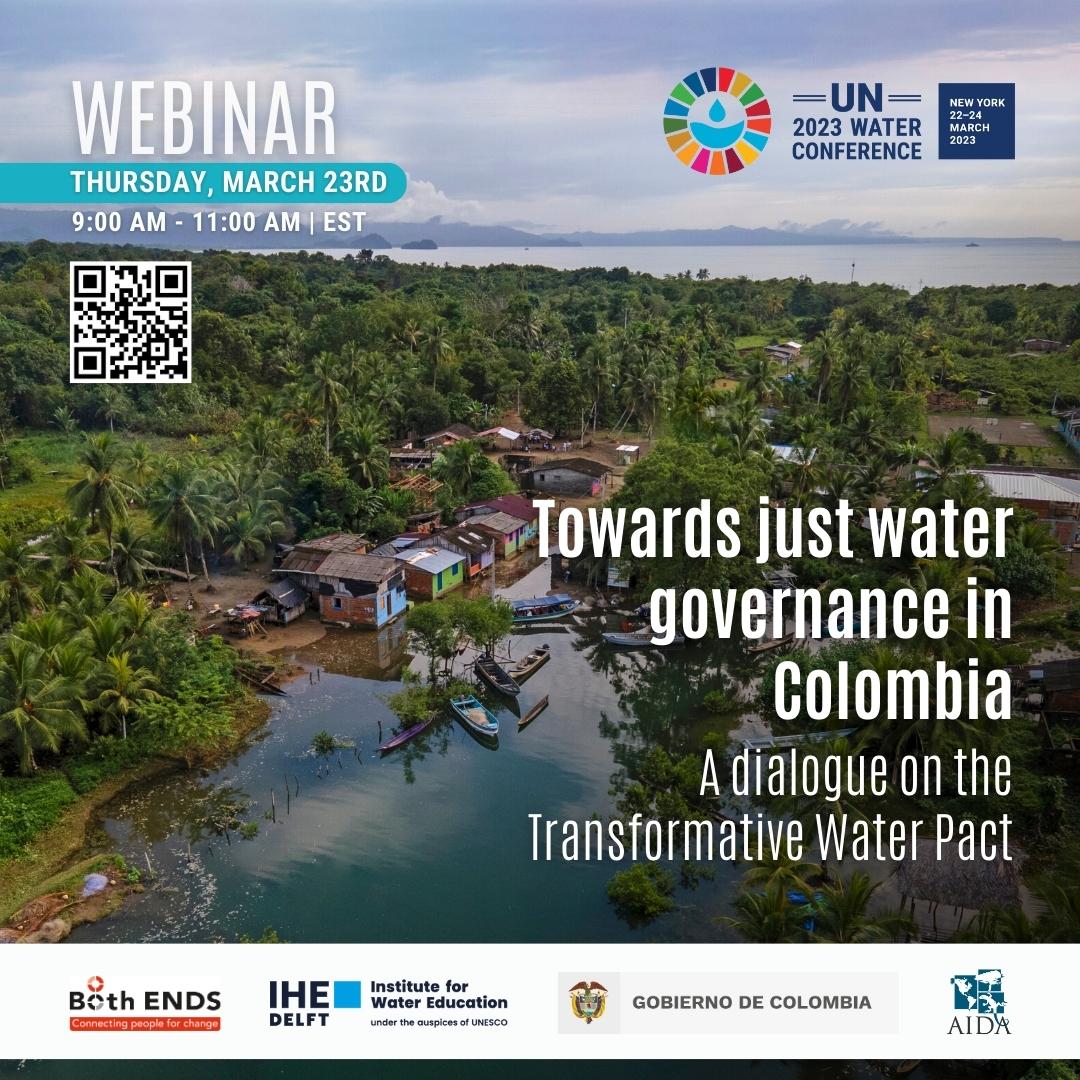
The Netherlands is a major player in the global water sector, but our investments can quite often lead to human rights violations and environmental problems in the countries where they are made. What can a new Dutch government do to reduce the Netherlands’ footprint beyond our borders? Ellen Mangnus spoke to various experts about this issue: today, part 3.

For generations, the people of Bangladesh’ flood-prone deltas have shaped their natural environment to support agricultural production. They used temporary embankments to keep tidal waters out of the floodplains for most of the year and let the rivers flow freely during monsoon season, allowing the sediment to settle on the floodplains as an important part of the delta formation process.

The Netherlands is well on its way with the energy transition at home, but our country continues to encourage Dutch investments in fossil projects elsewhere. This is obviously not in line with the climate goals and, moreover, these kinds of projects cause major problems in the countries where they take place. What can a new cabinet do to reduce the Dutch footprint abroad? Ellen Mangnus discussed this with several experts: today part 2.

The parliamentary elections in the Netherlands are over, and the dust has somewhat settled. No matter what government emerges from the process, one thing is clear: in the Netherlands the main focus is on the Netherlands. Foreign affairs were hardly mentioned during the elections and the same applies to the process of forming a new coalition. More alarmingly, some of the winners in the elections want to cut themselves off even further from the world around us.

In the weeks following the elections, Both ENDS is looking at how Dutch foreign policy can be influenced in the coming years to reduce our footprint abroad and to work in the interests of people and planet. We will be doing that in four double interviews, each with an in-house expert and someone from outside the organisation.

This event will present The Transformative Water Pact (TWP), an innovative framework for water governance that has been developed by environmental justice experts from around the world. The TWP will serve as a starting point for dialogue between representatives of the government of Colombia, academia, regional and international NGOs in relation to Colombia's current ambitions in multi-scalar water governance.


Academics and civil society representatives from around the world came together to articulate an alternative vision and framework for water governance, in the run-up to the UN Water Conference 2023 in New York. The Transformative Water Pact was developed in response to the continued exploitation of nature, neglect of human rights and the extreme power-imbalances that characterize contemporary water governance throughout the world. It details an alternative vision of water governance based on the tenets of environmental justice, equality and care.

Water is literally life, the lifeblood of ecosystems, of nature, of humans. However, in many places the distribution and use of water is unjust and unsustainable. Water management is generally focused on short-term economic interests, on maximizing the profit of a well-connected few at the expense of people and nature. This dominant view of water and water management has its origins in the European industrial revolution, which became the global norm through colonialism and globalization. But according to Melvin van der Veen and Murtah Shannon, water experts at Both ENDS, this view will have to give way to equitable, sustainable and inclusive water management. Both ENDS cooperates with and supports communities and organisations worldwide who are working to this end.